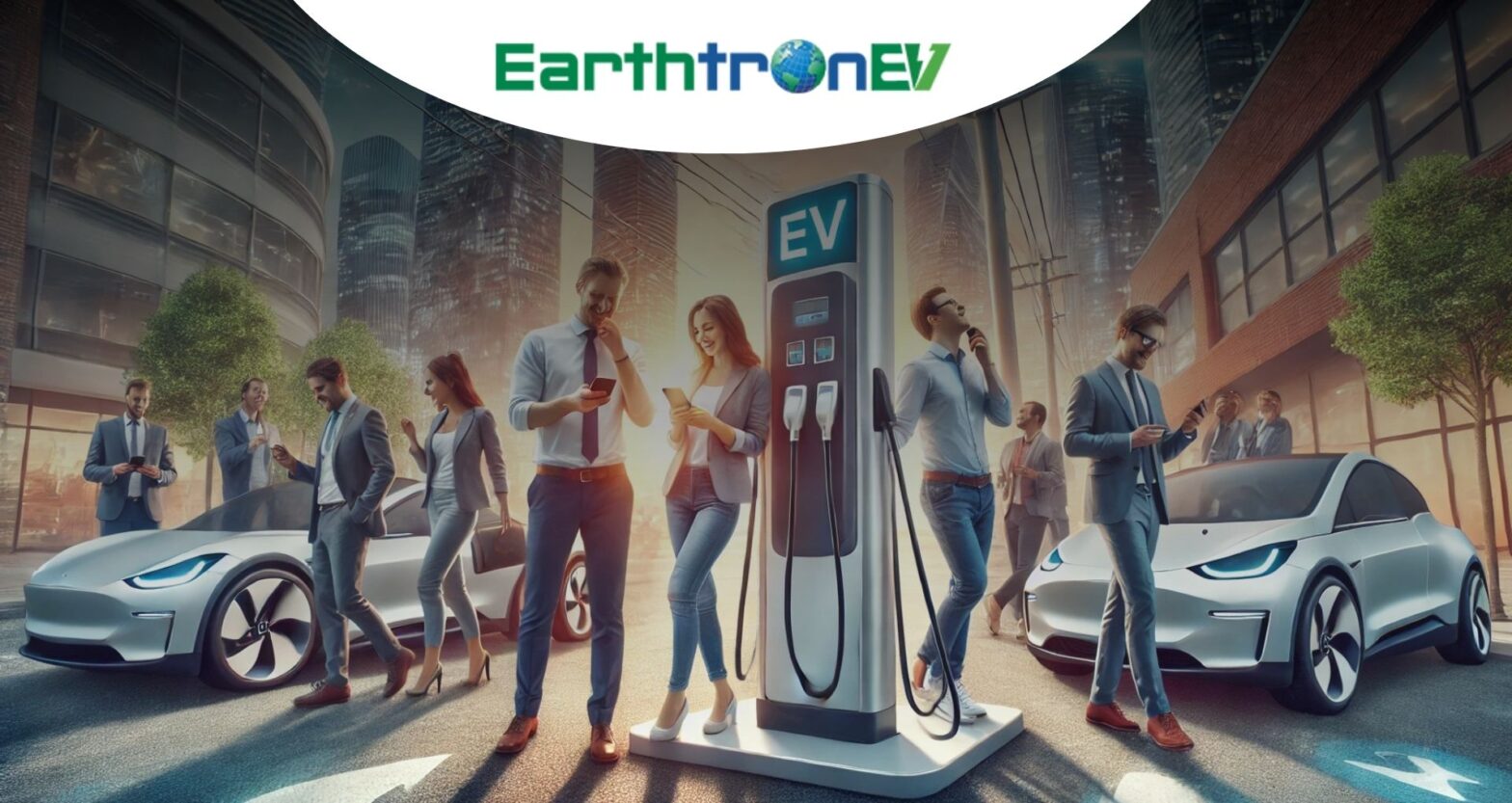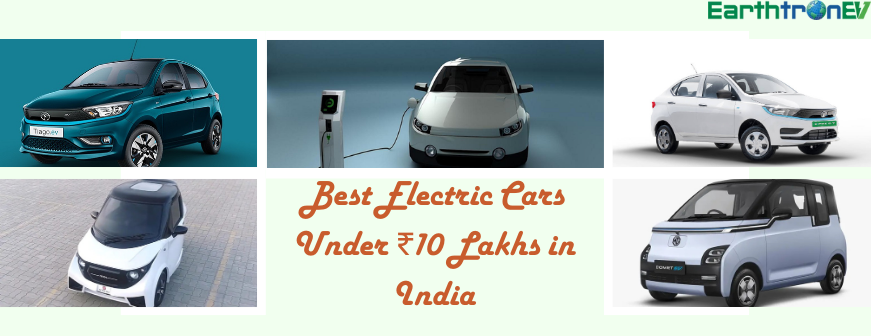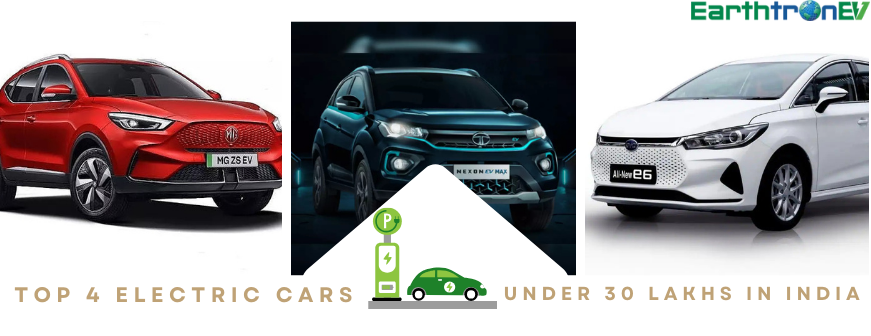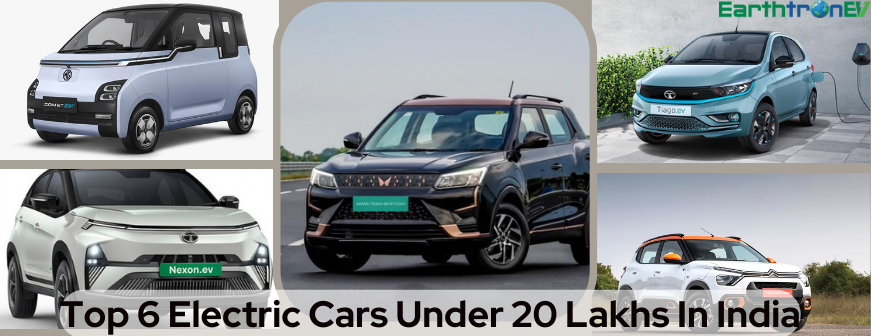Delhi’s electric vehicle policy is a game-changing initiative that aims to promote the adoption of electric vehicles in the city. The policy provides a comprehensive framework for the promotion and use of electric vehicles, including financial incentives, infrastructure development, and awareness campaigns. The policy is expected to lead to the deployment of over 1 lakh electric vehicles in Delhi by 2025.
Thanks to the introduction of the Delhi Electric Vehicles Policy in 2020, the Delhi government has taken an enormous step to make Delhi the seat of electric vehicle adoption in India. The Delhi EV Policy has seen a sharp rise in the number of electric two-wheelers and four-wheelers in the city. Let us look at what the Delhi EV policy aims to achieve and how it’s looking in 2022.
Delhi’s EV policy highlights
A primary goal of the Delhi EV Policy is to encourage people to switch to Battery Electric Vehicles (BEVs).
- By 2024, Delhi’s Policy aims to convert 25% of all vehicle registrations into electric vehicles.
- Two-wheelers shared transport vehicles, and goods carriers will be introduced to electric vehicles under the policy.
- EV adoption will also provide job opportunities in the fields of driving, manufacturing, selling, and financing.
How will the implementation of this policy affect Delhi’s environment and economy?
The Delhi government’s electric vehicle policy is a game-changer for the city’s environment and economy. The policy, which was released in September 2019, aims to phase out petrol and diesel vehicles in the city by 2030. This will have a major impact on Delhi’s air quality, as emissions from petrol and diesel vehicles are a major contributor to air pollution in the city. The policy also includes measures to incentivize the purchase of electric vehicles, as well as to develop infrastructure for charging and maintenance.
The implementation of this policy will have a positive impact on Delhi’s environment and economy. In terms of the environment, phasing out petrol and diesel vehicles will lead to cleaner air and improved health outcomes for residents. In terms of the economy, the policy will create jobs in the electric vehicle industry and help boost sales of electric vehicles.
Incentives for electric vehicles on the demand side
The Delhi government has also allocated a certain amount of money to incentivize the public to buy electric two-wheelers and four-wheelers.
Two-wheeler incentives
- A demand generation incentive of Rs. 5,000 per kWh of battery capacity is provided to the owner of electric motorbikes. The incentive is capped at Rs. 30,000 per vehicle.
- A Scrapping Incentive of up to Rs. 5,000 is also available for owners of electric two-wheelers. To qualify, the owner must provide proof of de-registration of their old ICE two-wheeler.
Electric Auto Rickshaw (e-Auto) Incentive
The government has introduced the following incentives to encourage the widespread ownership of electric auto-rickshaws:
- All e-rickshaws and e-carts are eligible for a purchase incentive of Rs. 30,000.
- E-rickshaws with advanced batteries are eligible for a 5% interest grant on loans. Hire purchase schemes may also be available.
Electric car incentives (e-cars)
- An incentive of Rs. 10,000/- per kWh of battery capacity will be provided for the first 1000 electric cars purchased in Delhi
Electric Goods Carriers (E-Carriers) Incentive
- There are some incentives for choosing e-Carriers over traditional carriers. Light Commercial Vehicles (LCVs) are used to transport goods throughout the city.
- Delhi’s first 10,000 e-Carrier owners will receive a purchase incentive of Rs. 30,000.
- A 5% subsidy on the interest of the loan is also offered.
Subsidy for Electric two-wheelers
The following are the eligibility criteria for subsidy in the case of electric two-wheelers:
| Criteria | Threshold value |
| Minimum top speed | 40 km/hr |
| Minimum acceleration | 0.65 m/square second |
| Maximum electric energy consumption | Under 7 kWh/100 km |
| Warranty | At least three years of comprehensive warranty |
Electric cars and SUVs are eligible for subsidies
A purchase incentive of Rs. 30,000 has been offered for the first 1,000 electric cars registered in Delhi.
Incentives and guidelines for charging infrastructure
The Delhi EV Policy focuses on building suitable charging infrastructure for the successful adoption of EVs.
Private Charging Infrastructure
In order to smooth out the transition from gasoline to electric vehicles, it is always advisable for owners to have private charging stations at home and at work. The government will provide a 100% subsidy for the purchase of charging equipment up to Rs. 6,000 for residential and non-residential building owners to incentivize them to install Private Charging Points (PCPs). For the first 30,000 charging points, this is only applicable.
Guideline for Private Charging Points (PCPs)
A minimum of 20% of all parking spaces should have power points and power supplies for charging electric vehicles.
Additionally, the building should be able to accommodate all charging points simultaneously with a safety factor of 1.25..
Public Charging Infrastructure
The Delhi EV Policy also emphasizes the importance of public charging points. Charge points will be built within 3 kilometers of every point in Delhi and the Delhi government will also provide capital subsidies to the Energy Operators selected for the public charging infrastructure development. Furthermore, 100% of the SGST collected will be reinvested to deliver capital to the energy operators.
Wrapping it up
There is no doubt that electric vehicles are the road to the future. The Delhi EV Policy is the right step in that direction. With generous government subsidies and proper planning, Delhi looks set to adopt EVs successfully, which will also result in an increased demand for electric car insurance and two-wheeler insurance..







